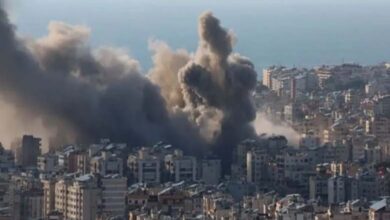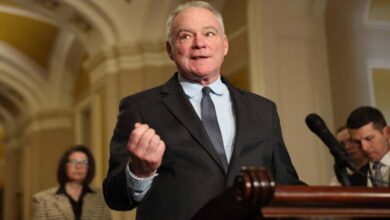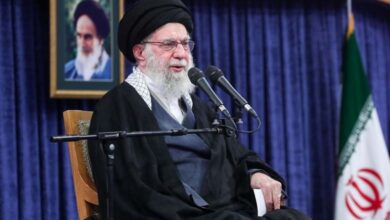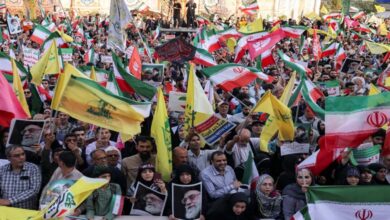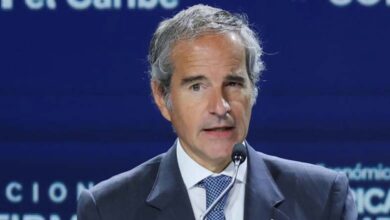Presidential Committee in Shabwah: Dealing with the events of Ataq after the Brotherhood rebellion
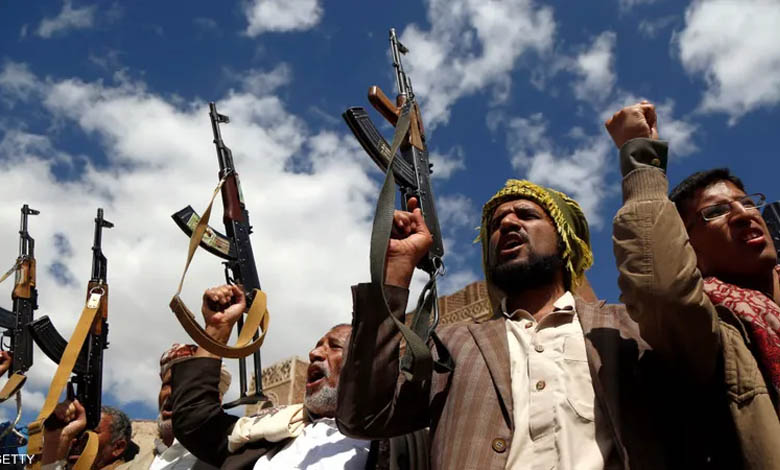
A presidential committee formed by the Presidential Command Council in Shabwah province held its first meeting to address the effects of the Muslim Brotherhood armed rebellion.
Gen. Mohsen al-Dairi, the Yemeni defense minister, said during the meeting, which included the interior minister and the governor of Shabwah, that it is important to distance the military and security institutions from political parties and preserve the survival of the state.
The Yemeni defense minister said he was tasked by the Presidential Command Council to address the events in Ataq, describing it as “painful”. He also pledged to implement presidential decisions and oversee the return of property and materiel in the military detention center.
“Any commander who has been exposed to legal violations will be brought to trial and will not hold any post in the future,” he said, adding that the military commanders will be evaluated based on their commitment to career rotation.
He also said he understands the local authority’s decision to resolve the events in Ataq, adding that he will “work to deal with what comes after and we will trust Shabwah officials and the political leadership in healing this rift and repairing the damage”.
The Yemeni Defense Minister also said that the Presidential Command Council included various forces, including the military, to unify its decision against Houthi militias, stressing the need for the military to distance itself from political parties.
He added that the Presidential Council included the various anti-Houthi forces, and everyone must understand this and serve the national interest away from political affiliation.
Al-Dairi also rejected the idea that the state’s sovereign institutions in the defense, interior and intelligence services should be subject to partisan political quotas, pointing out that Yemen is facing the worst period of war and fragmentation in the country’s history as a result of Houthi militias.
The Yemeni defense minister pledged that Shabwah would return to its status as an economic zone, a province rich in wealth and capable of supporting the entire country.
Since dawn on Monday, the Brotherhood and its leaders in the Ataq axis, the Special Forces and the rescue in Shabwah have led a rebellion against legitimacy, since the dismissal of the commander of the Special Forces, Abd Rabbu Laqab, for his involvement in fighting and creating chaos in the province, where Houthi militias are located on its administrative borders.
In response to this crisis, the Presidential Council took decisive measures, foremost among them the appointment of three military and security leaders in Shabwah, after it dismissed the Muslim Brotherhood leaders. Before the governor of Shabwah, Awadh AL-Awlaki, announced on Wednesday the launch of a military operation to end the Muslim Brotherhood insurgency, in order to impose security and stability in the city overlooking the Arabian Sea.
The Chairman of the Presidential Command Council formed a committee headed by the Minister of Defense, with the Minister of the Interior and five members of the Joint Military Security Committee, in accordance with the announcement of the transfer of authority, to investigate the facts and find out the reasons behind the Brotherhood insurgency in Shabwah province in order to address the situation.


